
My Transparent Life(2022)
How far would you go to be your authentic self?
My Transparent Life chronicles the journey of one trans man, one trans woman and a trans couple as transition from the sex they were born with to the sex they identify with.

Movie: My Transparent Life
Top 5 Billed Cast
Self
Self
Video Trailer My Transparent Life
Similar Movies
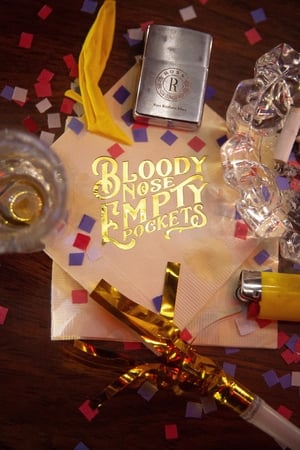 6.8
6.8Bloody Nose, Empty Pockets(en)
A portrait of the lives of a disparate group of patrons and employees at an American watering hole today.
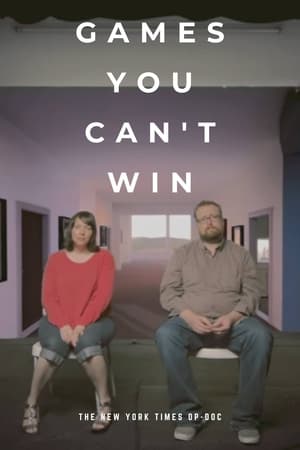 0.0
0.0Games You Can't Win(en)
Games You Can’t Win explores “empathy” gaming, a new video game movement in which developers are sharing some of their most intimate or traumatic personal experiences through artful, documentary-style video games. Using a combination of intimate verité footage and video capture from the games, the short film tells the stories of three developer and the personal experiences that inspired their game.
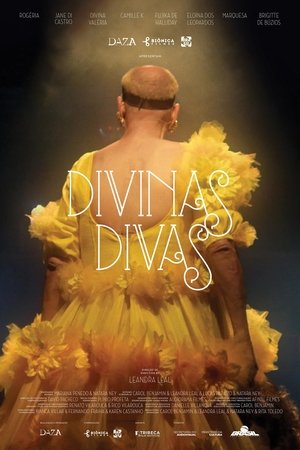 7.6
7.6Divine Divas(pt)
Eight iconic performers of the first generation of Brazilian transvestite artists go on stage to celebrate their 50th career jubilee. The film depicts the human, personal dimension behind these icons, deconstructing gender stereotypes.
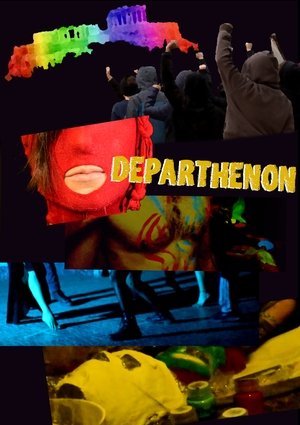 6.0
6.0Departhenon(el)
After some hiking, two male members of a company remember their past erotic adventures as an ex-couple. The company decides to bring them back their lost eroticism and boldness. While the company realizes its plans it creates a context of sensuality and a symbloic fissure at a space which is agressively charged with heteronormal and nationalistic values, so that the saught eroticism can have a place to flourish.
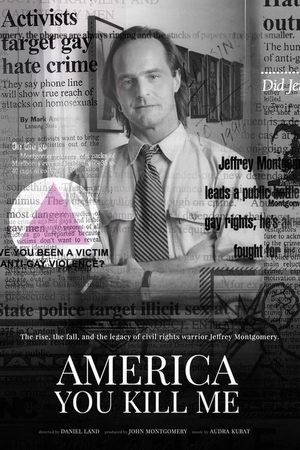 0.0
0.0America You Kill Me(en)
The rise, fall, and legacy of gay rights warrior Jeffrey Montgomery, and the struggle for equality in the Midwest.
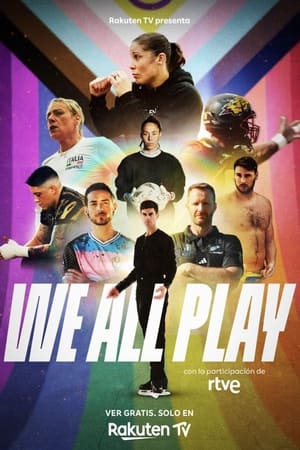 8.5
8.5We All Play(en)
"WE ALL PLAY" addresses the reality of the LGBTQIA+ community in sport. In a trip around the world, we will meet outstanding world elite athletes, who will talk, many of them for the first time, about their personal and professional experiences in first person.
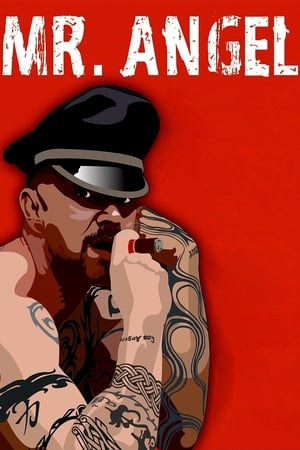 4.8
4.8Mr. Angel(en)
Buck Angel: trans man, porn star, pioneer. Here we see his life through a documentary lens that evidences the power and personality of an amazing human being.
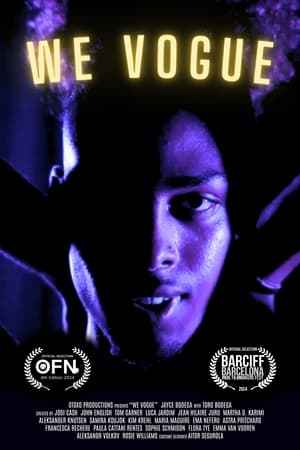 0.0
0.0We Vogue(en)
Ballroom voguing has fiercely swept across the world becoming a global phenomenon. Against the backdrop of Spain's contemporary ballroom scene, Jayce and a growing group of Black trans folks have emerged to reclaim the space.
 0.0
0.0Sexploration - How Do I Really Want It?(de)
6 people researching & experimenting for empowerment in their sexuality – which actions are tempting & helpful to deconstruct shame and be more self-confident?
 7.4
7.4Bridegroom(en)
A documentary that tells the emotional journey of Shane and Tom, two young men in a loving and committed relationship — a relationship that was cut tragically short by a misstep off the side of a roof.
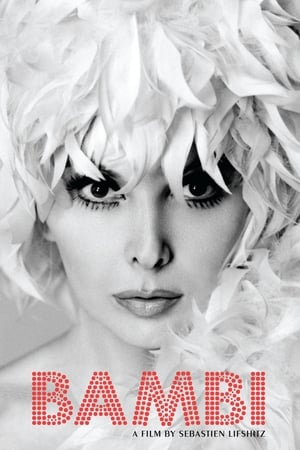 6.0
6.0Bambi(fr)
Bambi was born Jean-Pierre Pruvot in a tiny Algerian village in 1935. Even as a child, she refused to meet the expectations of her extended family, choosing instead to find a way to become the woman she always knew herself to be. A Cabaret Carrousel de Paris performance in Algiers in the 1950s proved to be all the encouragement she needed to emigrate to the French capital, assume the stage name of ‘Bambi’ and lead the life she longed for on the music-hall stages.
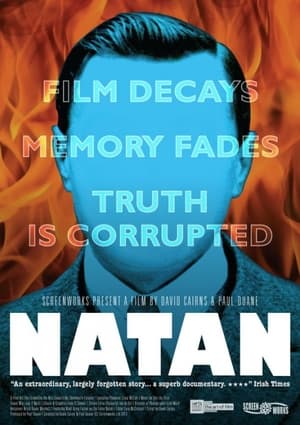 0.0
0.0Natan(en)
Natan tells the remarkable story of Bernard Natan, a Romanian immigrant who came to Paris in 1905 and was involved almost immediately with French cinema. He took control of the Pathe film group in the late 1920s and went on to produce epic films such as Les Miserables. But Natan has become largely written out of French film history for various different reasons. Little attention is paid to him centres on his alleged career as a pioneer and performer in early gay and BDSM porn? The story is an excellent one, suffice to say that his ethnicity and subsequent rumours plagued Natan almost from the start of his career. His ‘comeuppance’ for his alleged transgressions is at the heart of this devastating documentary.
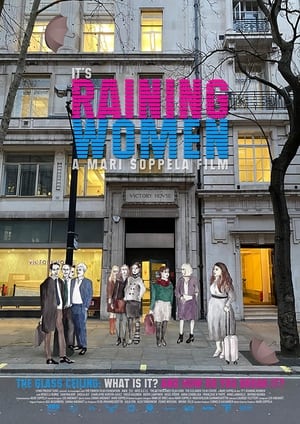 7.0
7.0It’s Raining Women(fi)
The documentary by Mari Soppela focuses on glass ceilings, a metaphor for the invisible borders between men and women in work life. Talk about glass ceilings is usually associated with women’s opportunities to advance to well paid managerial positions, but the documentary connects itself more broadly to the structural problems of work life from women’s perspective. Glass ceilings are long trials about equal pay, having to continually prove one’s skills, and 85-cent euros. The topic cannot be handled without intersectional crossings: what are invisible glass ceilings for some, are solid concrete for others.
 6.7
6.7Forbidden Love: The Unashamed Stories of Lesbian Lives(en)
Ten women in Canada talk about being lesbian in the 1940s, 1950s, and 1960s: discovering the pulp fiction of the day about women in love, their own first affairs, the pain of breaking up, frequenting gay bars, facing police raids, men's responses, and the etiquette of butch and femme roles. Interspersed among the interviews and archival footage are four dramatized chapters from a pulp novel, "Forbidden Love".
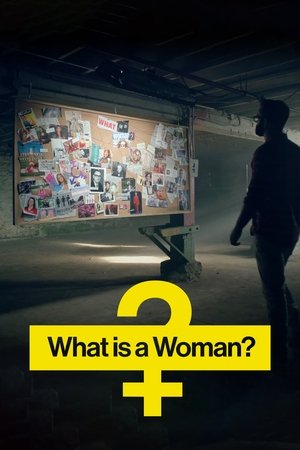 6.8
6.8What Is a Woman?(en)
Matt Walsh's controversial doc challenges radical gender ideology through provocative interviews and humor.
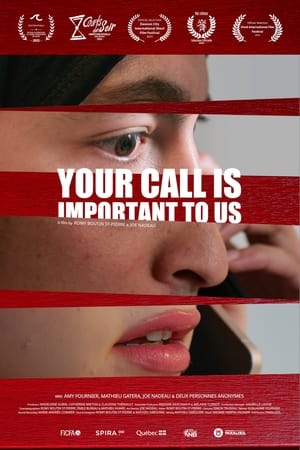 8.0
8.0Your Call Is Important To Us(fr)
The only thing colder than a Canadian winter is Canadian bureaucracy (probably). Based on five real life stories, Romy Boutin St-Pierre and Joe Nadeau pay homage to the nation-wide stress headache of phone calls with the government in this surprising short.
 5.8
5.8A Walk Into the Sea: Danny Williams and the Warhol Factory(en)
Esther Robinson's portrait of her uncle Danny Williams, Warhol's onetime lover, collaborator and filmmaker in his own right, offers a exploration of the Factory era, an homage to Williams's talent, a journey of family discovery and a compelling inquiry into Williams's mysterious disappearance at age 27.
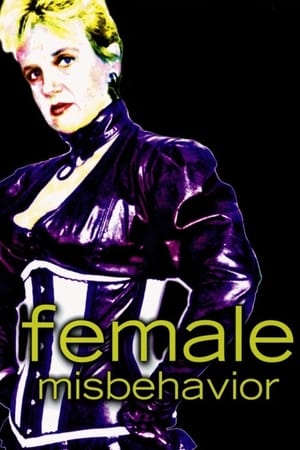 5.3
5.3Female Misbehavior(en)
From feminist director and provocateur Monika Treut comes this eclectic collection of four short documentaries profiling unconventional women. One has Camille Paglia explaining her ways of thinking. One has Annie Sprinkle explaining her approach to performance art, which includes inviting audience members to view her cervix with a speculum. One interview investigates a professional woman's preoccupation with sadomasochism. The fourth documents the life adjustments of an F2M (female-to-male) sex change who looks like a dangerous biker, with slick black hair, a matching motorcycle jacket, and tattoos.
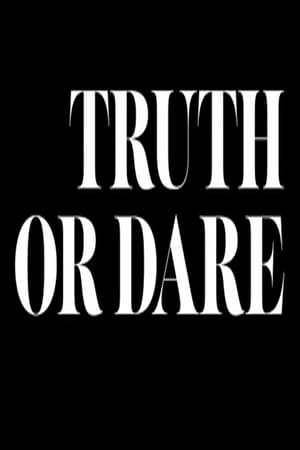 0.0
0.0Truth or Dare(en)
An exploration of the relationship between bodies, spaces and touch as a form of longing, Maja Classen’s latest documentary TRUTH OR DARE takes on an essayistic format inspired by the dramaturgy of a sex-positive party in Berlin and the COVID lockdowns of the past two years when the freedom of these spaces seemed possibly lost forever. The film’s protagonists – which include the Chilean queer sex worker Jorge and the genderqueer person Puck – are afforded the space to share their stories of loneliness, desires, sexuality, and identity and reveal how they have found a home and chosen family in Berlin’s queer, sex-positive community.
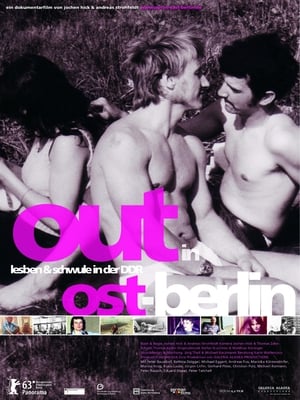 10.0
10.0Out in East Berlin: Lesbians and Gays in the GDR(de)
Paragraph 175, which made homosexual behavior punishable by law, was abolished in the German Democratic Republic (GDR) in 1968. At that time, heterosexual nuclear families constituted the center of socialist society, and homosexuality was considered a peripheral issue in the GDR. Out in East Berlin —Lesbians & Gays in the GDR tells the impressive-to-absurd personal histories of gay men and lesbians in the GDR, from the post WWII years until the fall of the Berlin Wall.




